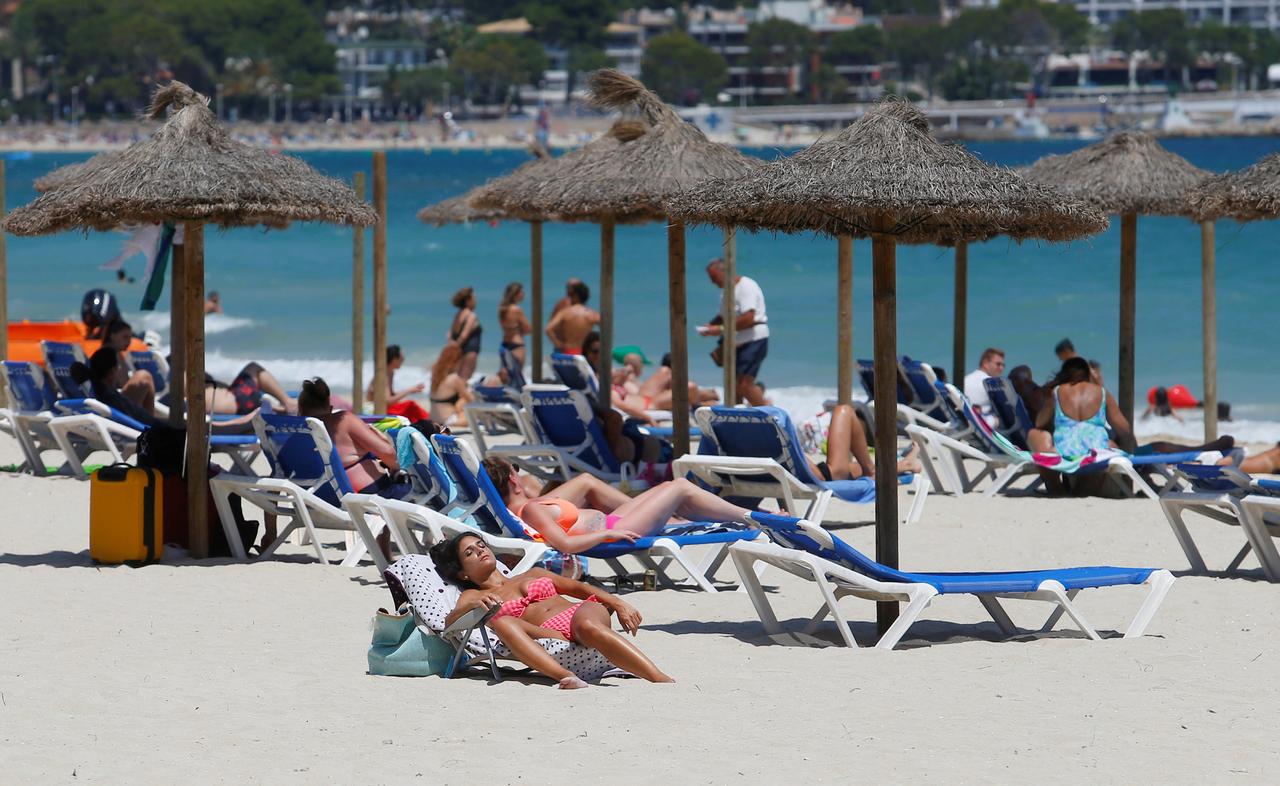MADRID/LONDON/BERLIN — Spain reacted angrily on Tuesday to recommendations from Britain and Germany that their citizens avoid its islands and beaches because of an increase in coronavirus cases during what should be the height of the tourism season.
With advisories piling up on top of a quarantine order from Britain for returning travellers, Spain, which depends on summer visits by sun-seeking northern Europeans, is facing a major blow to any hopes of reviving its economy.
Tourism accounts for just over 12% of Spain’s GDP and nearly 13% of jobs.
The country lost one million jobs between April and June, its biggest ever quarterly decline, and fears steeper losses as the summer season crashes.
“It’s very unfair because it’s not based on any sanitary criteria,” Francina Armengol, the head of the key tourist Balearic region, told Cadena Ser radio of the travel advisories.
Britain’s decision had no logical explanation, Armengol said, adding that the archipelago’s contagion rate was lower than that of the United Kingdom.
The northern Spanish Aragon region said the no-travel advisories were “discriminatory”.
Their comments chimed with those of Spanish Prime Minister Pedro Sanchez, who on Monday said it was a mistake for Britain to have considered Spain’s overall coronavirus rate rather than having a granular, regional approach.
On the streets of Madrid, the reaction was one of outrage.
“It annoys me because it’s not as though they were especially better off than us,” said Madrid resident Isabel Garcia, who works in marketing.
“Everyone is in a bad way, and the fact that they pick on Spain... It seems wrong.”
But Britain stood firm, saying it would stick to the sudden quarantine announced on Saturday and its late Monday move to extend a travel advisory against travel in mainland Spain to the Canary and Balearic islands.
'Our job to act swiftly'
Prime Minister Boris Johnson said on Tuesday Britain would take action to impose quarantines on other countries should COVID-19 infections rise.
“I’m afraid if we do see signs of a second wave in other countries, it is really our job, our duty, to act swiftly and decisively to stop travellers coming back from those places seeding the disease here in the UK,” he told reporters.
The only glimmer of hope for Spain came from Britain’s junior transport minister Charlotte Vere, who said that while London would continue to make decisions on a country-wide basis, it was looking at setting quarantine rules for different regions “in the future”. She gave no timeframe.
Spanish Foreign Minister Arancha Gonzalez Laya said Madrid was working on convincing London to soften its stance.
“We are still talking to British authorities, explaining that the outbreaks in Spain are under control ... and making sure that the measures taken by Britain respond to epidemiological criteria and no other criteria that have nothing to do with COVID,” Laya told reporters in Athens.
Britons make up the biggest group of foreign tourists in Spain, with some 18 million travelling there last year, just over a fifth of the total number of visitors.
Some 11.2 million Germans visited Spain, making them the second-largest group.
Britain’s quarantine alone could cost Spanish tourism 10 billion euros ($11.73 billion) in lost revenue, Jorge Marichal, the head of tourism association CEHAT, told La Sexta television.
Spain has recorded 278,782 coronavirus cases and 28,434 deaths, but the infection rates, which have jumped since a nationwide lockdown ended in June, vary widely from region to region.
Catalonia and Aragon have seen the highest increases in the past weeks.
Britain has, however, been the hardest-hit country in Europe. Some 300,111 people have tested positive for coronavirus and there have been 45,759 deaths.
“They’re pointing the finger at others when they have the same situation,” Spaniard Mercedes Blanco said as she sat down to lunch with her daughter during a visit to Madrid.





















































